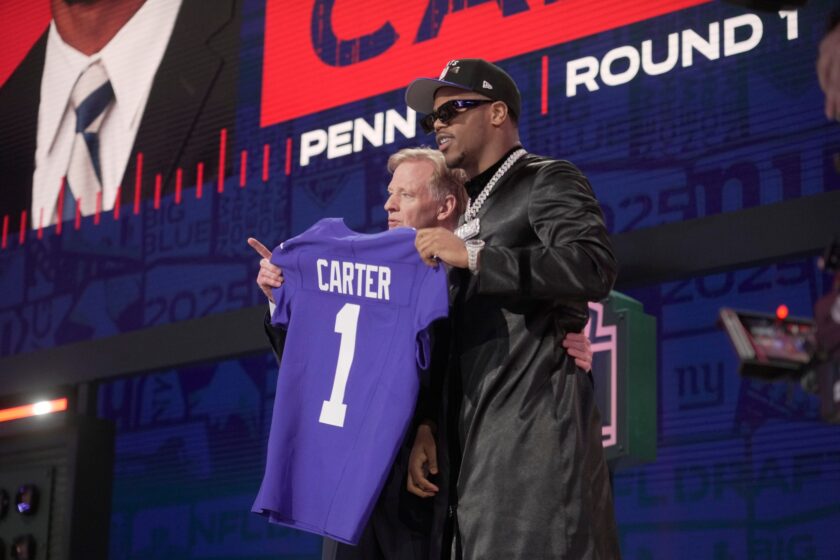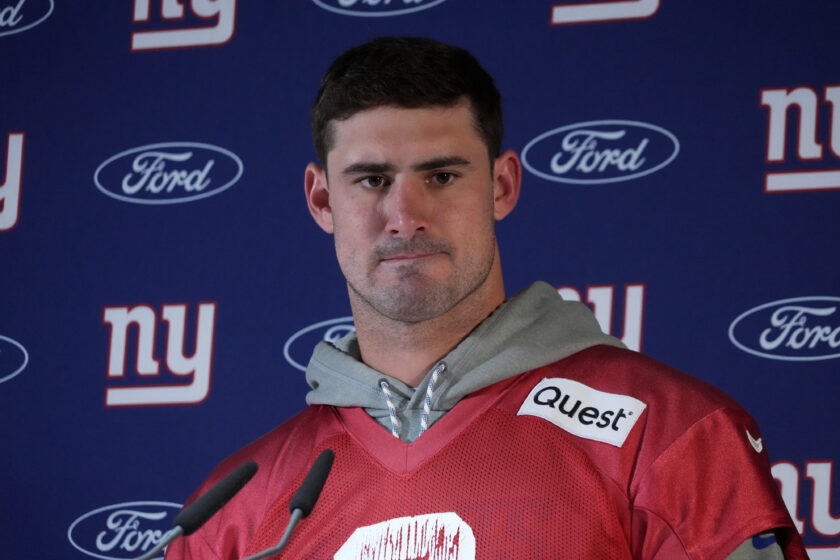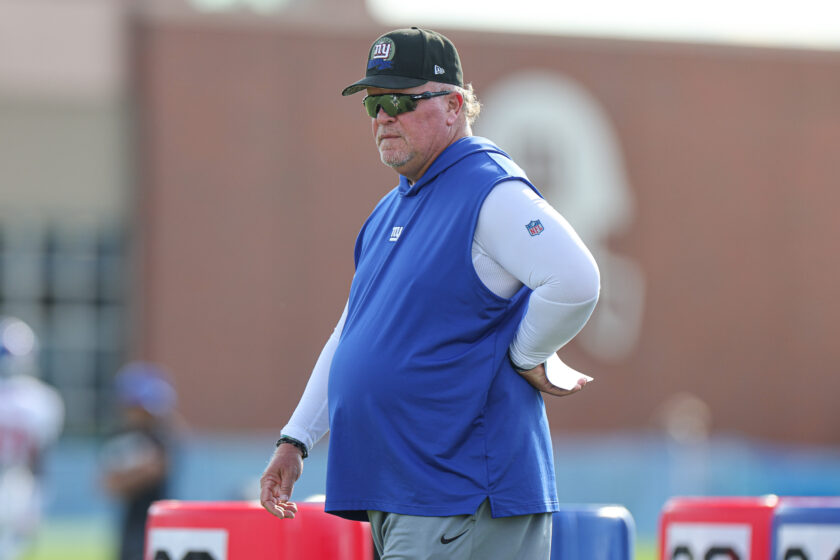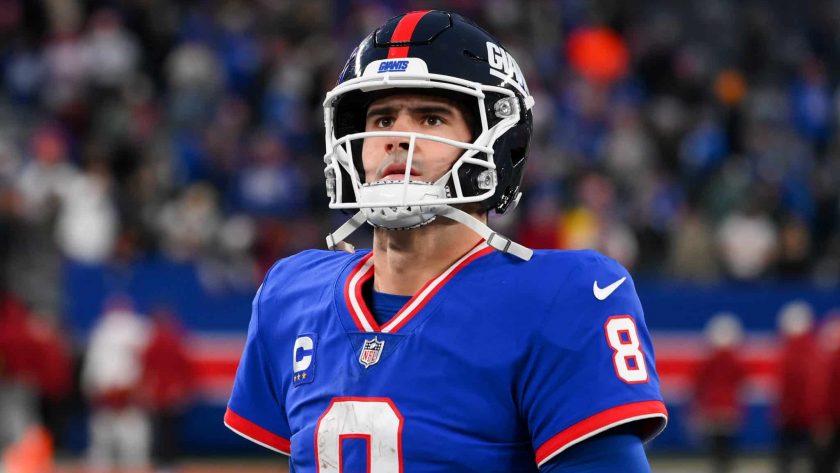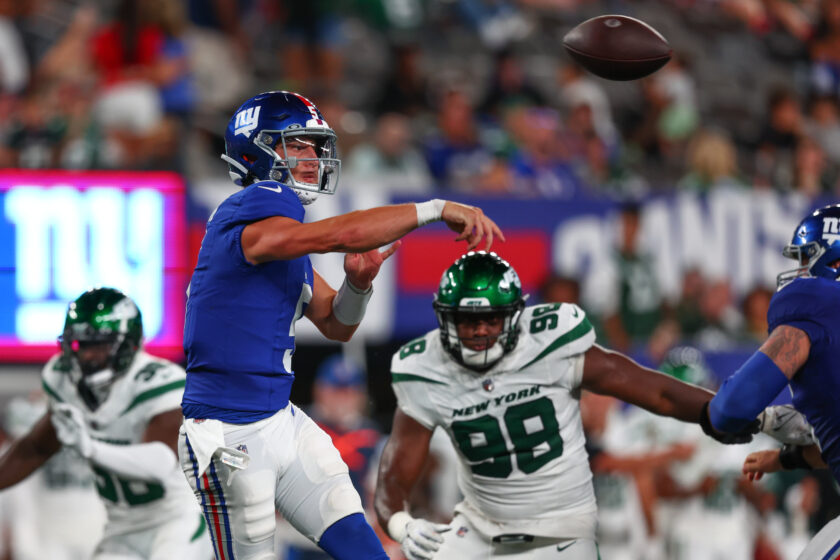New York Giants: No, drafting a quarterback in the first round wouldn’t be a ‘huge mistake’
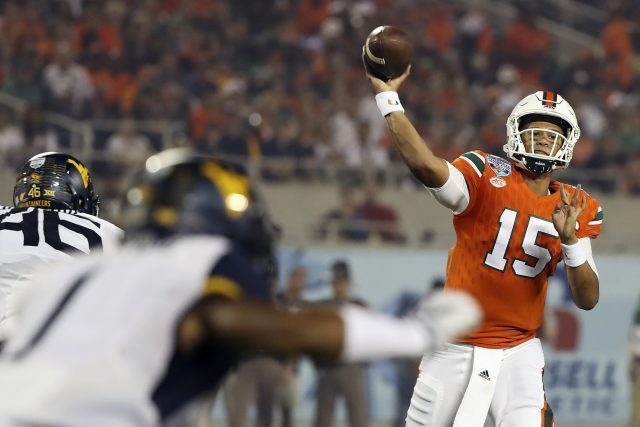
Contrary to popular belief, the New York Giants drafting a quarterback in the first round wouldn’t be a “huge mistake.”
[dropcap]Y[/dropcap]esterday, my colleague Jason Leach expressed why he believes that under zero circumstances should the Giants draft a quarterback in the first round. I vehemently disagree.Jason acknowledged the talents of Mitch Trubisky and Deshaun Watson, but wrote that the G-Men “need to use their first-round pick on someone who can be a starter in 2017, rather than someone who will just hold a clipboard.”
While it’s likely that neither Trubisky nor Watson — plus guys like Notre Dame’s Deshone Kizer and Miami’s Brad Kaaya — will be a threat from day one (not like that really matters, because Eli Manning has the starting job either way), let’s face it: Big Blue is going to have a massive vacancy at the position when Manning retires.[sc name=”Giants Center Right” ]
It only makes sense to draft his successor earlier rather than later (we’ve seen it happen before, with Aaron Rodgers for example). There’s no position more critical than quarterback, and an effectual one is worth a couple of draft picks.
If Jerry Reese and his staff find someone they believe can develop behind the virtuous Manning, they should go for it. It will spare plenty of headaches down the road.
Leach also penned that “the Giants are in need of a backup quarterback, but not nearly as much as they need an offensive tackle, offensive guard and tight end.”
While this is true — these units were underwhelming at best last season — it’s crucial to define exactly what each portion of the offseason is for: free agency is intended to help general managers bolster their team’s now, while the draft is intended to give general managers talent for the future.
Accomplished GM’s typically draft the best available player, not the one that best fills a need (what happens when team’s do that later? Ereck Flowers is a prime example). If a signal-caller sits atop the Giants’ draft board, there’s no reason they shouldn’t make the phone call.
Yes, for the Giants to win now, snagging a lineman or tight end in the draft’s first round would be the logical choice. But it’s like personal finance: one takes a chunk out of his current earnings to save for the future. It’s the smart thing to do.
[sc name=”Giants Link Next” link=”elitesportsny.com/2017/02/24/pre-combine-7-round-new-york-giants-mock-draft-916/” text=”Pre-NFL Combine 7-Round Mock Draft” ]Justin Weiss is a staff editor at Elite Sports New York, where he covers the New York Islanders and Brooklyn Cyclones. In 2016, he received a Quill Award for Freelance Journalism. He has written for the Long Island Herald, FanSided and YardBarker.

